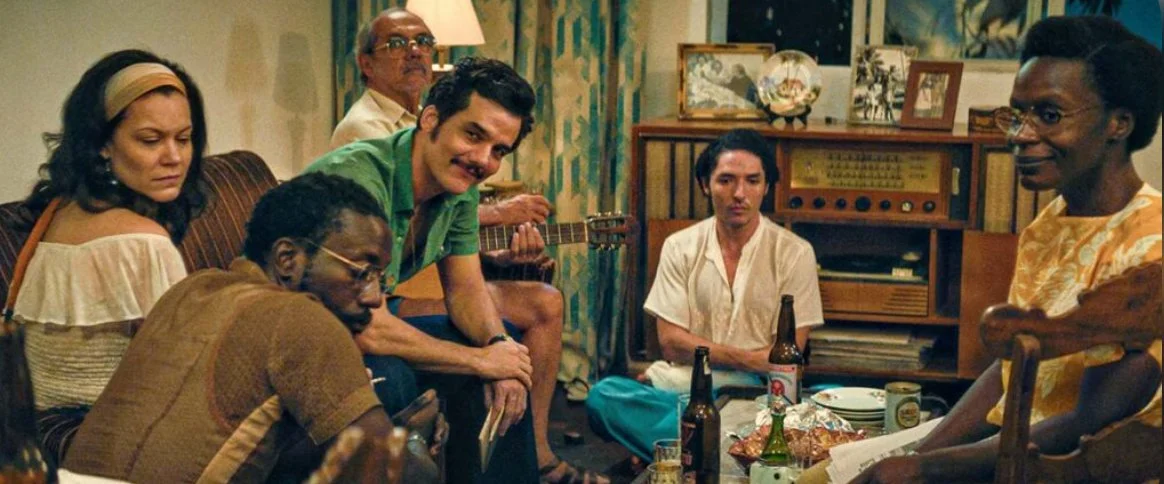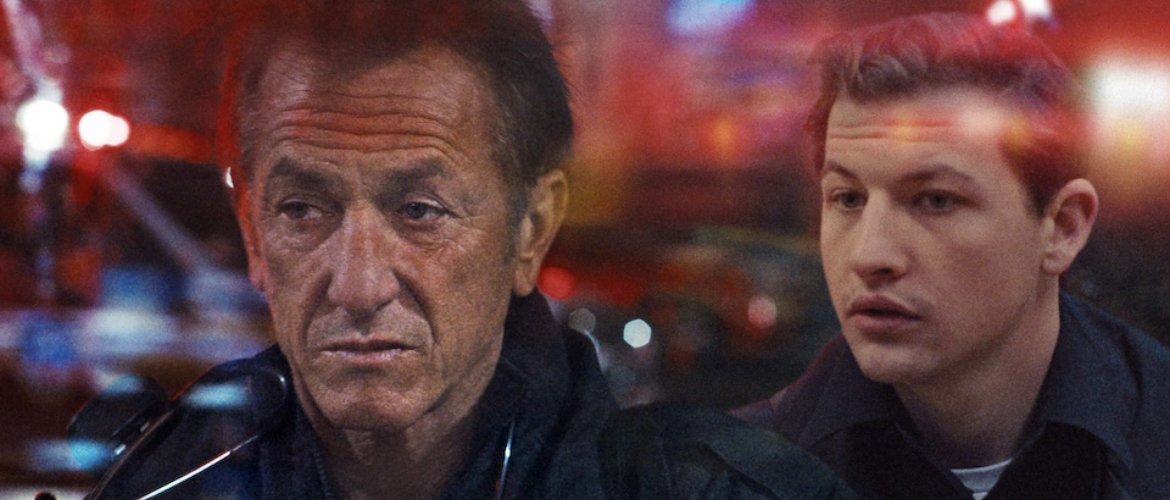The first two days of the Cannes Film Festival are behinds us and there hasn’t been a great movie screened yet. That’s par for course when compared to the last few years. The festival always seems to screen minor works earlier in the week, maybe so that jet-lagged attendees can find a groove for the other days.
Today sounds great on paper, with two big films being shown: Nuri Bilge Ceylan’s “About Dry Grasses” and Jonathan Glazer’s “The Zone of Interest.”
Last night, Jean-Stéphane Sauvaire's “Black Flies” screened. It’s in competition, which puzzled quite a few people. I found it mostly accomplished, it pushes our buttons a little too much, and it starts getting repetitive near the end, but it’s the kind of in-your-face film that doesn’t compromise.
If I had to describe “Black Flies” it would be “Bringing Out the Dead” as directed by the Safdies. It does not have the soul-searching spirituality a Paul Schrader might bring, instead opting to find easy answers in its final stretch, but Sauvaire’s filmmaking is solid, ditto Sean Penn and Tye Sheridan’s excellent performances.
This is an extremely grim drama concerning on-call NYC paramedics. There is no light in this film, just pure blackness. “It’s just us, the dead and the dying, that’s the job,” says Penn’s Rut, and that could also perfectly describe what this film is about.
Sauvaire’s film is definitely moody – filled with rage and stress, and lots of it. It’s also very episodic in form as Sheridan’s Ollie and Penn’s Rut, both EMT, go all around NYC trying to save lives. The film, at least a good 80% of it, has them going from one grim emergency to the next. Not many of their patients survive either.
If Ollie is the rookie, shaken up by the wounded people he sees, Rut is cool as a cucumber, chewing on his toothpick and punching back against authority.
Based on Shannon Burke’s 2008 novel, as she recounts her own EMT duties during the mid-1990s crack epidemic in Harlem, there is a fair amount of incredibly delivered realism to this film. The problem is that Sauvaire can’t always escape the clichés, especially in the last third of the film, which has Ollie starting to crack and get mopey about a patient he had previously helped out.
Sauvaire continues with his visceral brand of cinema — he directed the gloomy prison drama, “A Prayer Before Dawn.” Much like that film, “Black Files” is extremely hard-hitting. It's the kind of experience that goes over-the-top but never loses your attention. When it concentrates on the tension of the emergencies, it feels all too real.






